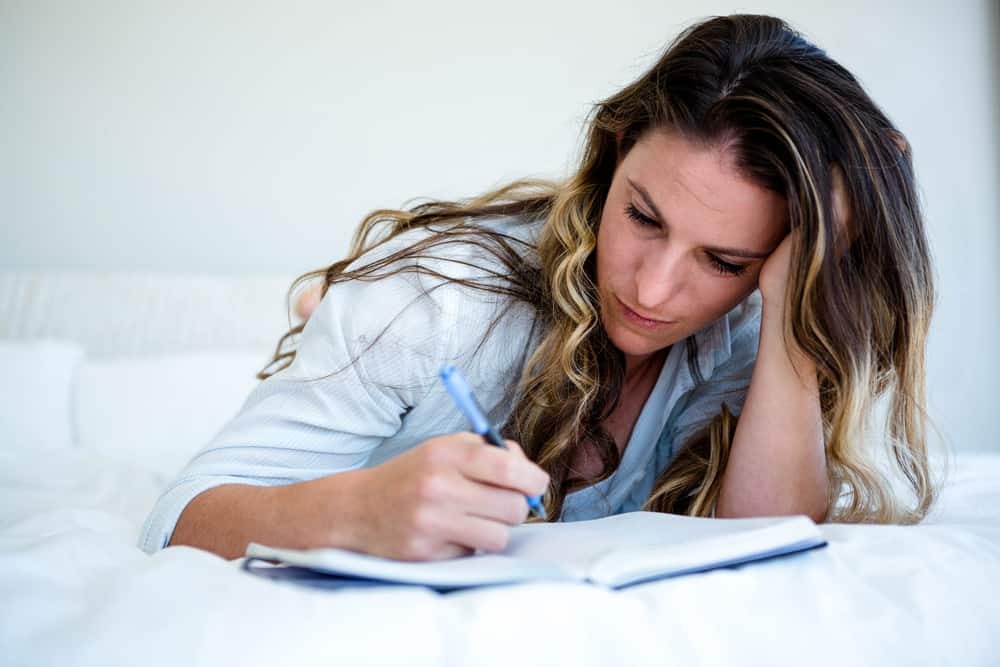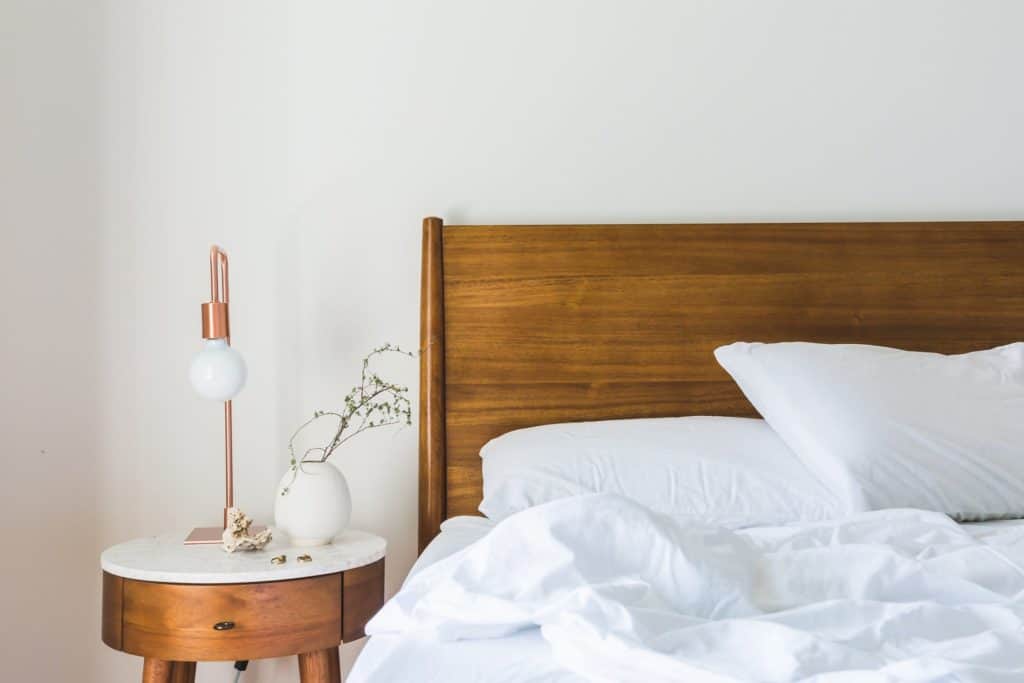Living with depression is not easy when you feel you have a dark cloud hanging over your head; achieving the things you need to do at home, work and with family and friends can be a real effort indeed. For many sufferers of depression, symptoms such as low mood or sadness, loss of pleasure in usual activities, feelings of worthlessness and fatigue often worsen in the evening.
Why is depression often worse in the evening, you may wonder? For most people, the reason is lack of distractions. Often throughout our day, we are distracted by all the things and people that need our attention, and come night time, we are left to confront our own thoughts. Other reasons depression is often worse in the evening include:
– exhaustion (our negative emotions are harder to deal with when we are tired)
– loneliness, compared to during the day when we are often surrounded by other people such as workmates and family
– feeling dissatisfied that we weren’t able to get through everything we had planned for the day
Do not despair however – there are a number of gentle activities you can introduce to help ease your symptoms of depression at night, which can also help to prepare you for a decent night of sleep.
Write Down Your Worries And ‘Put Them Aside’
If you find yourself sitting at the dining table or on the couch and your depression is intensifying, get a journal out and write down your thoughts and feelings. When you are finished, close the journal and put it aside, and try to think of ‘saying goodnight’ to your worries by doing so. Now you can decide on a positive activity to enjoy for the evening and begin to relax.
Distract Yourself With Positive Activities
One of the most important things you can do to lessen any worsening feelings of depression at night is to stay busy and distract yourself by engaging in activities that make you happy. Think about what you really enjoy, or perhaps an activity you’d like to do more of. This may include doing some gentle exercise, reading, playing an instrument, getting creative, watching something that brings you joy or spending time with people that make you feel happy. By doing so, you will encourage positive thoughts and be better able to keep the negative thoughts at bay.
Limit Alcohol and Caffeine Intake
Consuming large amounts of alcohol or caffeine at night can actually amplify feelings of depression, as well as keep you awake and wreak havoc with your sleep overnight. Instead of reaching for a coffee or glass of alcohol, try drinking some water or a peppermint tea. This way you will be hydrating your body, and more likely to achieve an uninterrupted sleep.
Practice Gratitude
Gratitude is a very powerful tool for increasing happiness and reducing symptoms of depression. Each night (you may wish to make this part of your pre-sleep routine), take a moment to think of three to five things you are grateful or thankful for that particular day. You may wish to jot them down in a ‘gratitude journal’. Things you may be grateful for on a particular day:
– the love and support of your partner/family/friends as you manage depression
– the smile from a stranger as you walked home from work
– the beautiful fresh food you ate for dinner
– access to clean running water so you could enjoy your warm bath before bed
– your warm and cosy bed.
When we look around, particularly in Australia, there is an abundance of things to be grateful for. Thinking about the things that made you feel happy or relieved during your day is a good starting point. Nothing is too simple to be grateful for!
Practice Good Sleep Hygiene
‘Sleep hygiene’ refers to habits or a routine you follow before you go to bed to ensure a restful night of sleep. If you feel heightened symptoms of depression in the evening, it is a good idea to put into place a pre-sleep routine, to save you lying in bed ruminating i.e. going over and over the same depressive thoughts in your mind. (Getting a solid sleep can also help you with the new day that follows – it is much harder to manage the symptoms of depression if you are running on interrupted sleep or affected by insomnia).
You may wish to include some or all of the following things in your pre-sleep routine:
– Allow yourself adequate down-time before bed: ideally one to two hours at a minimum i.e. no physically or mentally demanding tasks are to be completed during this time. This helps your body to slow down and prepare for sleep. (Whatever you choose to do during this time, ensure you engage in things that create positivity – this way you can distract your mind from any negative thoughts).
– Activate ‘night mode’ on your electronics: at least one hour prior to sleeping, turn any electronics such as a smartphone or tablet to ‘night mode’ (blue light is designed to keep us alert). It can also help to dim any ceiling lights or lamps in the room(s) you find yourself in before heading to bed.
– Undertake a relaxing activity before bed: choose an activity you can do at home before bed that you find relaxing – this may include drinking a warm cup of herbal (non-caffeinated) tea, reading a relaxing book (such as a happy novel), taking a warm bath/shower or doing some drawing or colouring. Ensure the activity you choose focuses on relaxing you and your mind (as opposed to stimulating your mind).
– Go to bed at the same time each night (and wake up at the same time each day): by practicing a routine regarding what time we go to bed, our body can begin to recognise when it is time to sleep, (thus saving you laying there getting lost in your thoughts instead).
A handy hint: Be sure to keep your bedroom a calm, relaxed sanctuary (e.g. free of clutter, work and anything else that makes your mind wander before you go to sleep).
Give ‘Mindfulness Meditation’ A Shot
Put simply, ‘mindfulness meditation’ is the practice of focusing the mind (meditation) on the present moment (mindfulness). Practicing meditation is a great way to help you unwind both your body and mind when you are feeling depressed.
Regular mindfulness meditation practice has an array of benefits for sufferers of depression. For more information on these benefits, check out our article ‘Beginners Guide To Mindfulness Meditation For Depression And Anxiety’ here.
There are many mindfulness meditation exercises and apps available out there for beginners. We have detailed the steps of two great starting exercises: ‘Mindfulness Meditation Breathing Exercise’ and ‘Mindfulness Meditation Body Scan Exercise’ in our article ‘Beginners Guide To Mindfulness Meditation For Depression And Anxiety’, which you can access here. Give one (or both!) exercises a try and see how you feel.
Give Problem-Solving A Try When You Feel Up To It
When we feel depressed we often think about why we are not coping, or feel defeated about a situation, etc. When you are able to think clearly, it is worth giving problem-solving a shot. Try thinking about one or more things you can do to begin overcoming your hurdles. You may wish to brainstorm on paper, or call a loved one for their ideas. This tactic can help you to stop ruminating over the same problem and instead help you to move forward from it.
The above techniques are very helpful for easing symptoms of depression that may get worse at night. However, they are not a substitute for professional help and should be used in partnership with ongoing therapy in order to fully overcome depression. Contact Blissiree Pty Ltd today for help to manage and overcome your depression.








